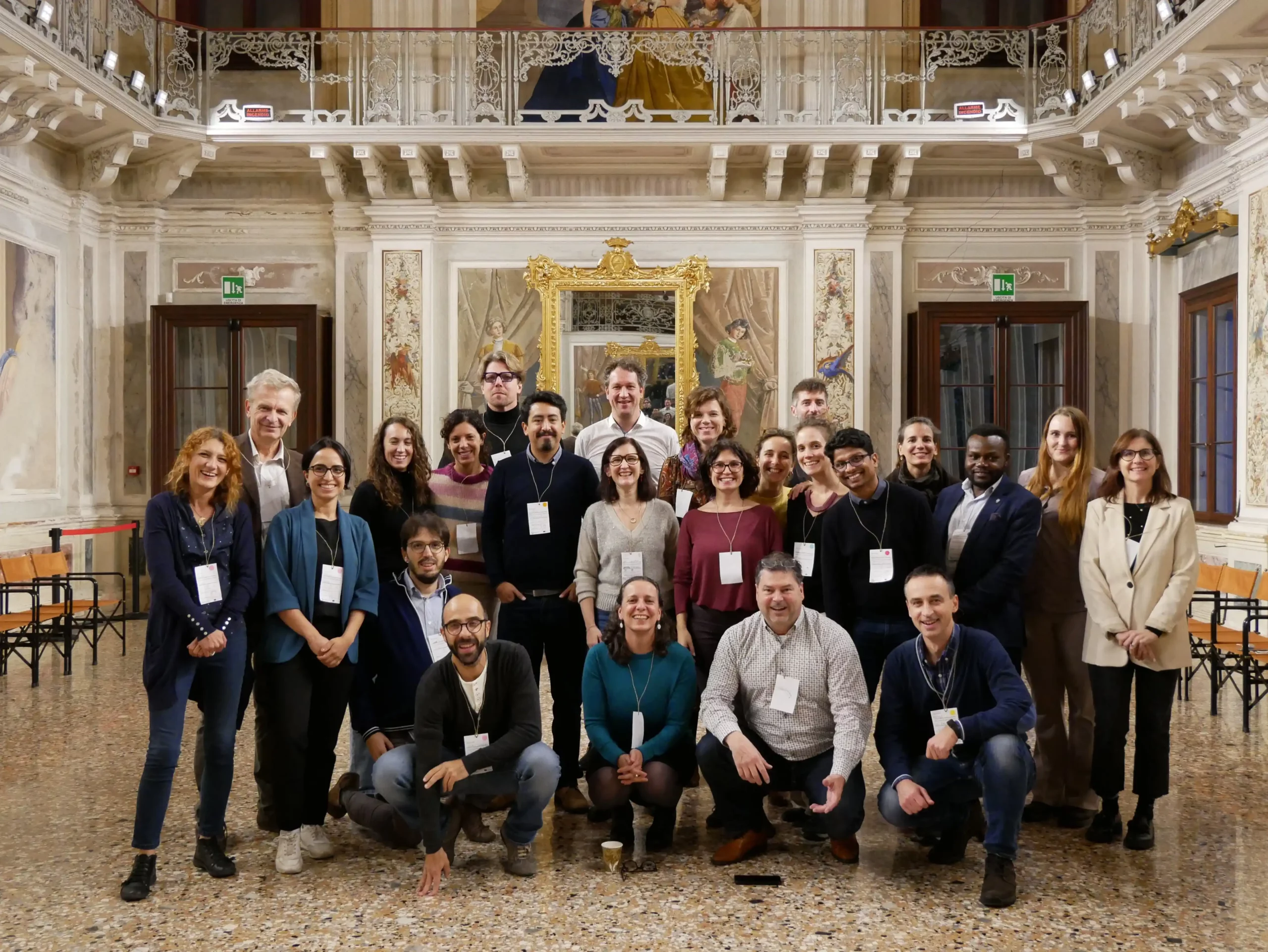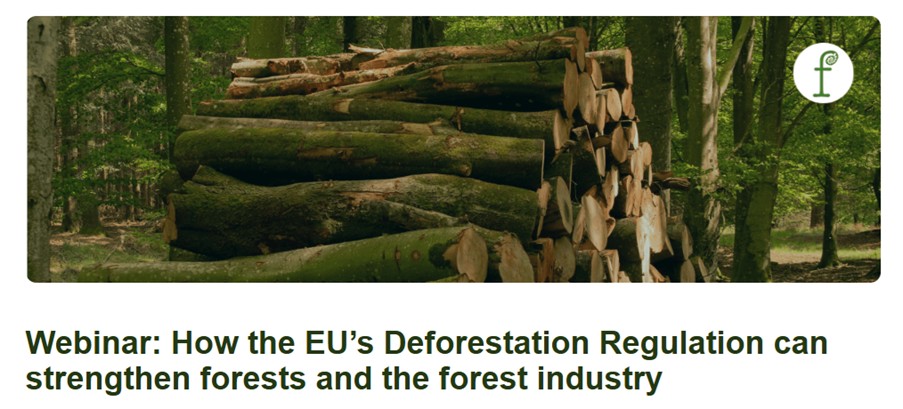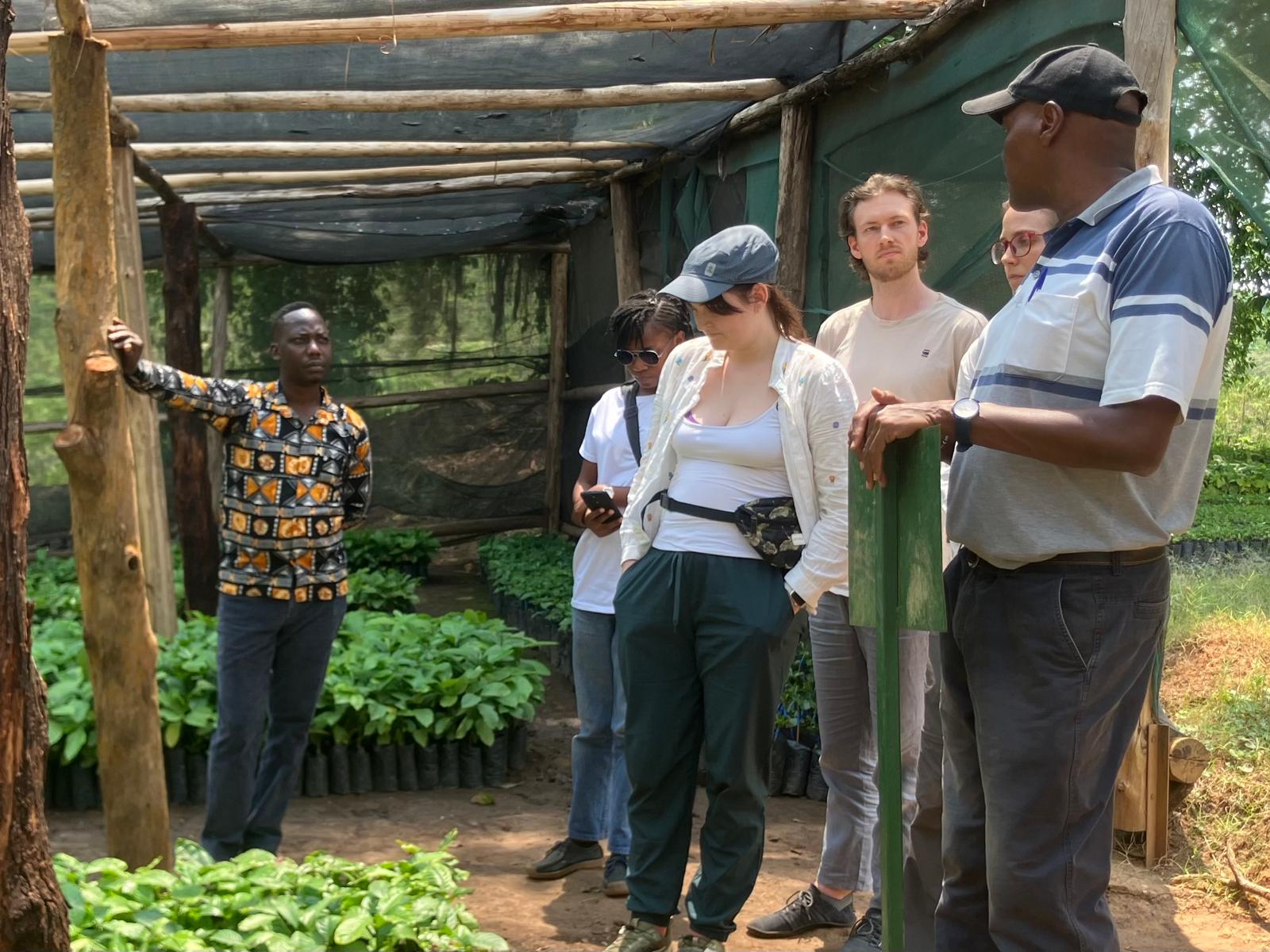The EMMA4EU project is a frontrunning European initiative committed to addressing the issue of embedded deforestation. The project started its journey in June 2023 and the partners have met online on July 12th. On November 2nd and 3rd, EMMA4EU reached another pivotal moment with the first in-person meeting. The gathering occurred in Italy at the historic Villa Bolasco, an architectural gem dating back to the 1850s and owned by the University of Padova, one of the project’s key partners.
The hidden culprits of deforestation
In everyday life, every person consumes several forest-risk commodities. Among these are cattle, wood, palm oil, soy, cocoa, coffee, and rubber, significant drivers of deforestation in tropical regions. The European Union is responsible for 16% of global embedded deforestation. Although there have been worldwide initiatives to tackle deforestation, we are still confronted with significant challenges. Therefore the European Commission introduced the Deforestation-free Products Regulation (EUDR), which aims to prohibit the import and export of FRC produced on deforested or degraded land after 2020.
EMMA4EU’s goal: building a “deforestation-free” training network
Currently, national education and training curricula do not adequately cover deforestation-related topics. It was precisely from the need to fill this educational gap that the EMMA4EU project was designed. The project alliance aims to develop innovative training solutions, equipping new professionals with compliance, corporate social responsibility and digital multidisciplinary skills creating a new profession: Deforestation-Free Supply Chain Manager. These professionals will facilitate the transition to more sustainable supply chains for FRCs and ensure compliance with the Deforestation-Free Products Regulation.
Milestones and future challenges
The two days in Italy have been a significant opportunity for the partners to share perspectives and define the next steps of the project. On the first day, partners got to know each other and discussed the skills to be developed by the future DFSC managers through participatory activities.
The next day was the opportunity to discuss how specific certifications can help companies align to the new EUDR and on which challenges and difficulties producers will face in the coming years. Small producers, for example, face difficulties in meeting new requirements and related costs. Four experts from certification bodies (Fair Trade, FSC Italy, Italian Union on Sustainable Palm Oil, Roundtable on Sustainable Palm Oil) had a panel discussion on how crucial it is to implement the EUDR to improve the sustainability of supply chains without leaving behind those who need support. In fact, sustainability certifications have already implemented some aspects of the EUDR. In the project’s scope, the debate will continue to facilitate the implementation of the Regulation.




